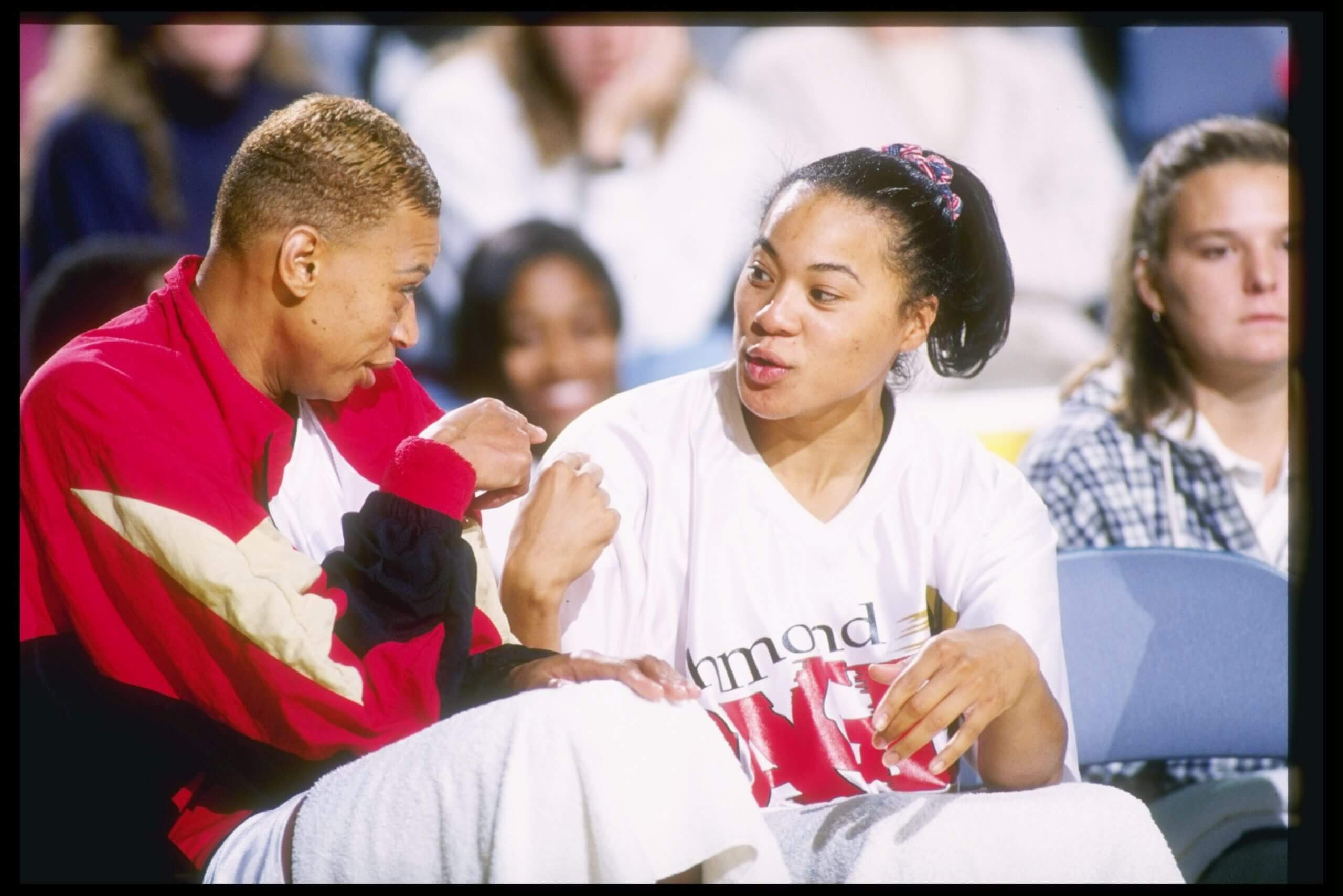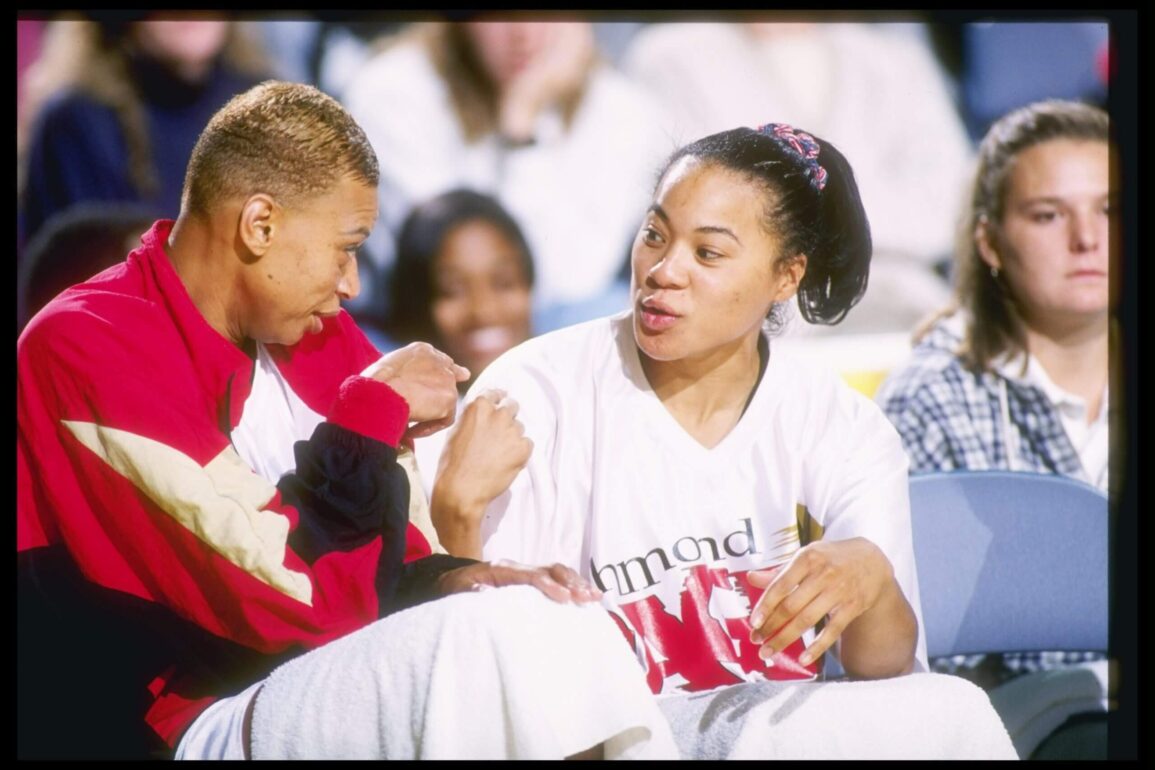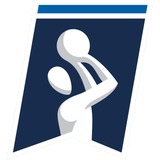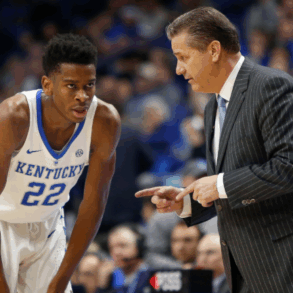South Carolina coach Dawn Staley’s book “Uncommon Favor,” a memoir in which Staley recounts growing up in North Philadelphia, playing college and pro hoops, and coaching in the college ranks, was released this week. The Athletic read an advanced copy and chatted with Staley about the book.
(Editor’s note: This interview has been lightly edited for length and clarity.)
Advertisement
What made now the right time to write this book?
People have been asking me to write a book for a very long time. Over the past three years, I’ve thought more about it. It got birthed from when I was on “The Breakfast Club” when we won in 2022. (Host) Charlamagne Tha God, he asked me if I wanted to write a book. I gave the old, “Yeah, one day I will write a book.” But he just kept following up and kept following up.
When we won last year, I was just like, “This might be it.” We had talked about maybe doing it, but it was a soft yes. It wasn’t like a hard yes, let’s get it done. Once we had the type of year that we had last year, I was like, “This might be the perfect time, because we went undefeated with the unlikeliest team. Something is special about this moment in my life, and it might be a good time to just kind of bear down and get it done.”
It was his persistence, from somebody that has written books. He’s young and relatable. I thought it was coming from a real good place, and I think he believed in it. He believed in my story. I don’t even know if he knows all of it, but he knows enough with his connection of being from South Carolina. He knew enough to know that this book might be something that could be special.
In the book, you write that after the 1996 Olympics, you delayed your arrival to the (American Basketball League’s) Richmond Rage training camp by two weeks. You wrote that you were drained of your competitive drive. What was it about achieving that particular goal that brought you to that place? Did that experience change the way you approached other longtime goals?
That feeling was a one-off. This specific situation, I was probably a little just mentally, physically, just fatigued of the journey of getting to that point. I got cut in 1992, and then what I had to do between ’92 and ’95 up into the national team trials, it was, “Bear down. Get it done. Don’t be denied the next time that you are in a situation where you can make an Olympic team.” It was basically four years of just all-out preparation. Looking back on it, I don’t know if I took too many days off. It was the only goal that I had left from my childhood that I achieved, and then two weeks later, I gotta go try to get myself up to do this again? And I didn’t share that with anybody. I didn’t share that with my teammates and my parents and my siblings. I took that on myself.
Advertisement
Now that I’m a coach and I know how much mental health is a big part of our players’ lives, and they have so many challenges, and sometimes their equilibrium is shaken. So, I can look back on that as, oh, that’s kind of what my players go through. That’s how I help them through different situations that they’re faced with that have nothing to do with basketball.
I was singularly focused on being an Olympian and being a gold medalist. I didn’t have a goal of being a two- or three-time Olympian. That wasn’t the goal. The goal was one. Let me get one. Sometimes losses are the things that really drive you to not feel that way again. But that never happened again. If it happened again, if it happened now, it’s been 30 years so I think I’d be better equipped to handle it instead of just not wanting to pick up a basketball.

Staley played for the short-lived Rage in the ABL. (Getty Images)
You write a lot about your Olympic experiences and challenges as a player when Team USA won its first gold medal in women’s basketball. What would you have done differently from what Tara VanDerveer did as the coach of that team? And what would you keep the same?
I don’t want this to be a battle. Tara and I, we’re very different in our coaching styles. I would’ve communicated a lot more with everybody. It could’ve (still) been as hard as it was, but I’d let you know it’ll be hard. We got conditioned for it to be hard, just because we had to do it every day. It wasn’t like she was telling us it was going to be hard. … But I like to let people know that it’s going to be hard.
I feel a little bit better when I get on the plane and the pilot says, “Hey, we gonna have a rough one” versus letting you be surprised. I’m not as scared. But if he just says, “Hey, we’ve got clear skies and we’re about to take off. Should be a short flight,” but the entire flight is full of turbulence, now I’m scared out of my wits because you didn’t mention any of that. So, it’s probably more like that.
But with Tara, she had to do it her way. All who’ve sat in that head coaching chair of an Olympic team, we’ve got to do it our way, because if we lose, we’re going to be the ones that take the brunt of everybody’s criticisms.
Advertisement
I was a talker. I was a communicator when I (coached in) the Tokyo Games. I talked to younger players and let them know, “Hey, this might not be your Olympic Games,” meaning you might not play a whole lot. You might not play any, but I just want you to learn in case you become an Olympian again. If you get in, great. If you don’t get in, just continue to learn. Just being completely honest with them.
You’ve talked a lot about your mom, Estelle, who’s one of the people you dedicated this book. You also write a bit about your dad, Clarence, and how he wasn’t as outwardly supportive of your basketball career as a player. When you became a coach at Temple, he began sitting in the very top of the rafters for your games, and after he passed, you learned that he kept a box of your press clippings about your teams’ successes. How do you think it would’ve changed you if you had more of that outward support throughout your childhood and early coaching days from him?
I don’t like comfort, if you know what I mean. I need some antagonists. I need it. And I think my parents were the perfect balance. My mom was really supportive. My dad was supportive in his own way. It wasn’t how I envisioned support, but it was everything that I needed. He was a traditional man — there was a place for women. He wanted my mother to cook. He wanted my mother to fix his plate. He wanted my mother to do all those things, right? And he wanted girls to wear skirts and play with other girls. And I was probably the complete opposite of what he envisioned a little girl should be. And I get that.
I still harbor these ill feelings when he said no, that I couldn’t go to this AAU competition. It’s the losses that stick with you really for a long time. So, I think he made me a better player because of it. Everybody comes into your life for a reason, for a season. I think his reason was what he thought of girls and women, whether we like it or not, whether I liked it or not. But he made me work harder for the things that I was able to do.
Your mom was full of Estelle-isms that you think about to this day. Are there any in particular that you use the most with your teams?
They can’t handle my mother’s -isms. It was old school, like cut your throat. If something was hard, my mother would say, “Tough titty.” Like, “Let’s move on.”
If there were something that you didn’t believe that she could do, she would (use a saying) I use on other people, not necessarily my team. The other day, I went to get some furniture. I drove my truck and got a refrigerator, stove, dishwasher and microwave. And they were like, that’s not gonna fit on this truck. I take stuff out of the box, and everything fit like Tetris on the truck. And I said, “Excuse me. If I tell you the moon is made of cheese, bring your crackers.”
Dawn Staley of @GamecockWBB is motivated and inspired by her late mother. pic.twitter.com/8Pul9SSqFv
— espnW (@espnW) March 24, 2018
When you recounted your time at Temple, you wrote that eight years in, you realized you needed to go somewhere else for a chance to win a national title. A lot has changed in college sports since then. When you think about the number of programs that can win a national title now versus then, how much smaller or larger is the pool?
It’s smaller.
I do think, time-wise, it’s going to open up probably quicker than the path that we had to take from Temple to South Carolina. It’ll be a shorter runway because of NIL and the ability to build a team overnight. But even then, it’s still hard. You can close the gap when it comes to the amount of talent, but you still gotta coach the talent, still gotta create chemistry. You still gotta do all those things that were built over several seasons.
Advertisement
Something that’s harder is there’s so much other stuff that you have to deal with. The money piece is a real thing. The NIL, the revenue-share piece is a real thing that we didn’t really have to deal with. We just had to deal with playing time, fit, making sure the family is OK. All of those things still have to play a part, but the money part is real, and you have to make a concerted effort.
It’s a daily thing that you have to deal with much like all the other stuff that you have to deal with like building chemistry, practicing hard, all these things you have to deal with. Then you got the money piece that can destroy everything that you’ve built, because it’s super transactional now. So, it’s smaller.
(Photo of Dawn Staley: Erick W. Rasco / Sports Illustrated via Getty Images)
This post was originally published on this site be sure to check out more of their content.








